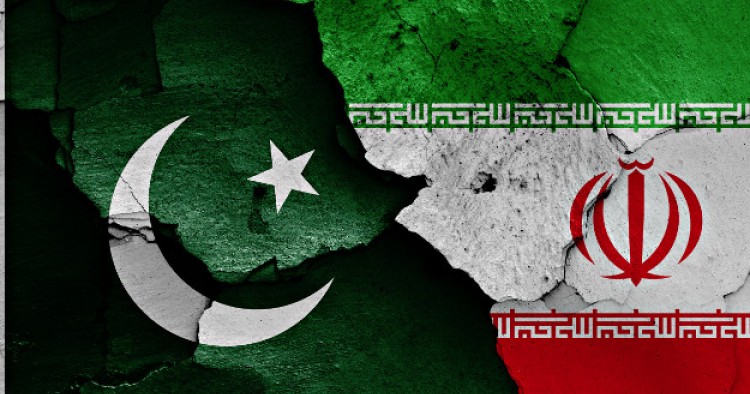Iran’s Qom News reported on Friday that Sayed Abbas Mousavi, a commander of the Zainabyoun Brigade, was kidnapped in the Iranian holy city of Qom (the site has now deleted the report). But the official Telegram account of Zainabyoun, a group of Pakistani Shiite militias fighting in Syria, later explained that its commander, along with a colleague, was arrested by the Law Enforcement Force of the Islamic Republic of Iran because of their immigration status. It added that their comrades did not have valid immigration documents because their passports, like the passports of all members of Zainabyoun fighters, are kept by the Islamic Revolution Guards Corps (I.R.G.C.)’s elite Quds Force.
Comment: In recent years, the I.R.G.C. has recruited thousands of Pakistani and Afghan Shiites to fight in Syria in exchange for financial rewards. The Iranian authorities have also offered Afghans and Pakistanis extended residence permit and citizenship in return for their combat service in Syria. The arrest of the Zainabyoun commander may be either because of a lack of coordination between the Quds Force and the Iranian police on this case; or he was perhaps arrested for refusing to redeploy to Syria. Many Afghans have in the past have accused the Iranian government of blackmailing them to fight in Syria or face deportation.
The Zainabyoun Brigade is comprised of hundreds of Shiites from Pakistan’s Baluchistan Province and Parachinar in the Kurram tribal area as well as Pakistanis living inside Iran. They are recruited by the I.R.G.C. to fight alongside other Iran-supported Shiite militia groups in support of the embattled regime of Bashar al-Assad in Syria. Similar to the Afghan Fatemiyoun militants, the Pakistani Shiite militants serve under the leadership of Quds Force Commander Qassem Soleimani.
The Middle East Institute (MEI) is an independent, non-partisan, non-for-profit, educational organization. It does not engage in advocacy and its scholars’ opinions are their own. MEI welcomes financial donations, but retains sole editorial control over its work and its publications reflect only the authors’ views. For a listing of MEI donors, please click here.













